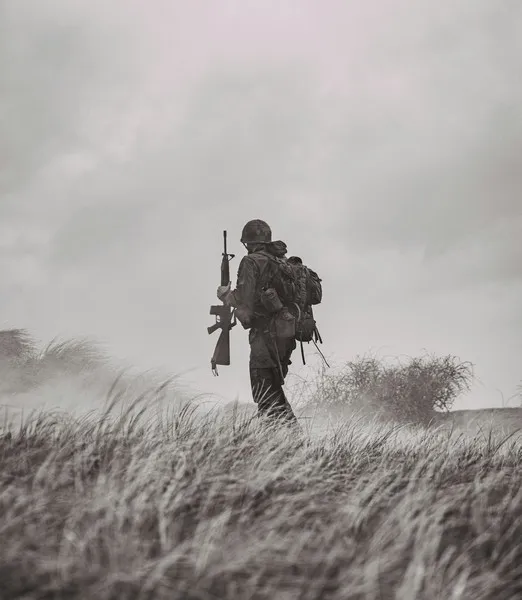In recent years, there has been growing concern about the presence of militarism in UK primary schools. This phenomenon raises important questions about the role of education in shaping societal values and the potential impact on children’s development. In this article, we will explore some examples of militarism in UK primary schools from a sociological perspective.
The Presence of Armed Forces Personnel
One example of militarism in UK primary schools is the presence of armed forces personnel. Some schools have established partnerships with the military, allowing them to visit schools and interact with students. These visits often involve demonstrations of military equipment, presentations on military careers, and even physical training exercises.
While proponents argue that these activities help to inspire children and promote discipline and teamwork, critics argue that they normalize and glamorize the military, presenting it as an attractive career option without adequately addressing the ethical and moral implications of armed conflict.
Cadet Programs and Uniformed Groups
Another example of militarism in UK primary schools is the presence of cadet programs and uniformed groups. These programs, such as the Combined Cadet Force (CCF) and the Army Cadet Force (ACF), are often offered as extracurricular activities in schools.
Through these programs, children are given the opportunity to wear military-style uniforms, participate in drills, and learn military skills. While these activities can promote discipline and teamwork, they also contribute to the normalization of militarism and may influence children’s perceptions of the military as a desirable path.
Remembrance Day and War-related Activities
Remembrance Day, observed on November 11th each year, is an important event in UK primary schools. While it is essential to teach children about the historical significance of World War I and II, some argue that the way it is taught can perpetuate militaristic narratives.
For example, activities such as wearing poppies, participating in minutes of silence, and attending memorial services can create a sense of nationalism and reinforce the idea that military sacrifice is the ultimate form of patriotism. Critics argue that these activities should be accompanied by critical discussions about the causes and consequences of war to provide a more balanced perspective.
Curriculum and Teaching Materials
The curriculum and teaching materials used in UK primary schools can also reflect militaristic values. Some textbooks, for instance, may present a biased view of history, glorifying military actions and downplaying the complexities of armed conflict.
Additionally, the inclusion of military-themed activities and resources in subjects such as English, mathematics, and science can subtly reinforce the idea that militarism is an integral part of society. Critics argue that a more diverse and critical approach to teaching these subjects is necessary to foster a well-rounded understanding of the world.
Alternative Approaches
While the examples mentioned above highlight the presence of militarism in UK primary schools, it is essential to consider alternative approaches that promote peace, critical thinking, and a broader understanding of conflict resolution.
Some schools have chosen to adopt a more balanced approach by inviting speakers who advocate for peace, organizing workshops on conflict resolution, and incorporating discussions on global issues such as human rights and social justice. These initiatives aim to provide children with a more comprehensive understanding of the world and encourage them to think critically about militarism.
Conclusion
The presence of militarism in UK primary schools is a complex issue that requires careful consideration. While some argue that exposure to the military can instill discipline and teamwork, others raise concerns about the potential normalization and glorification of armed conflict.
By examining examples of militarism in UK primary schools from a sociological perspective, we can foster a broader understanding of the implications and explore alternative approaches that promote peace and critical thinking. It is crucial to ensure that education plays a role in shaping a society that values peace, empathy, and a nuanced understanding of conflict.






